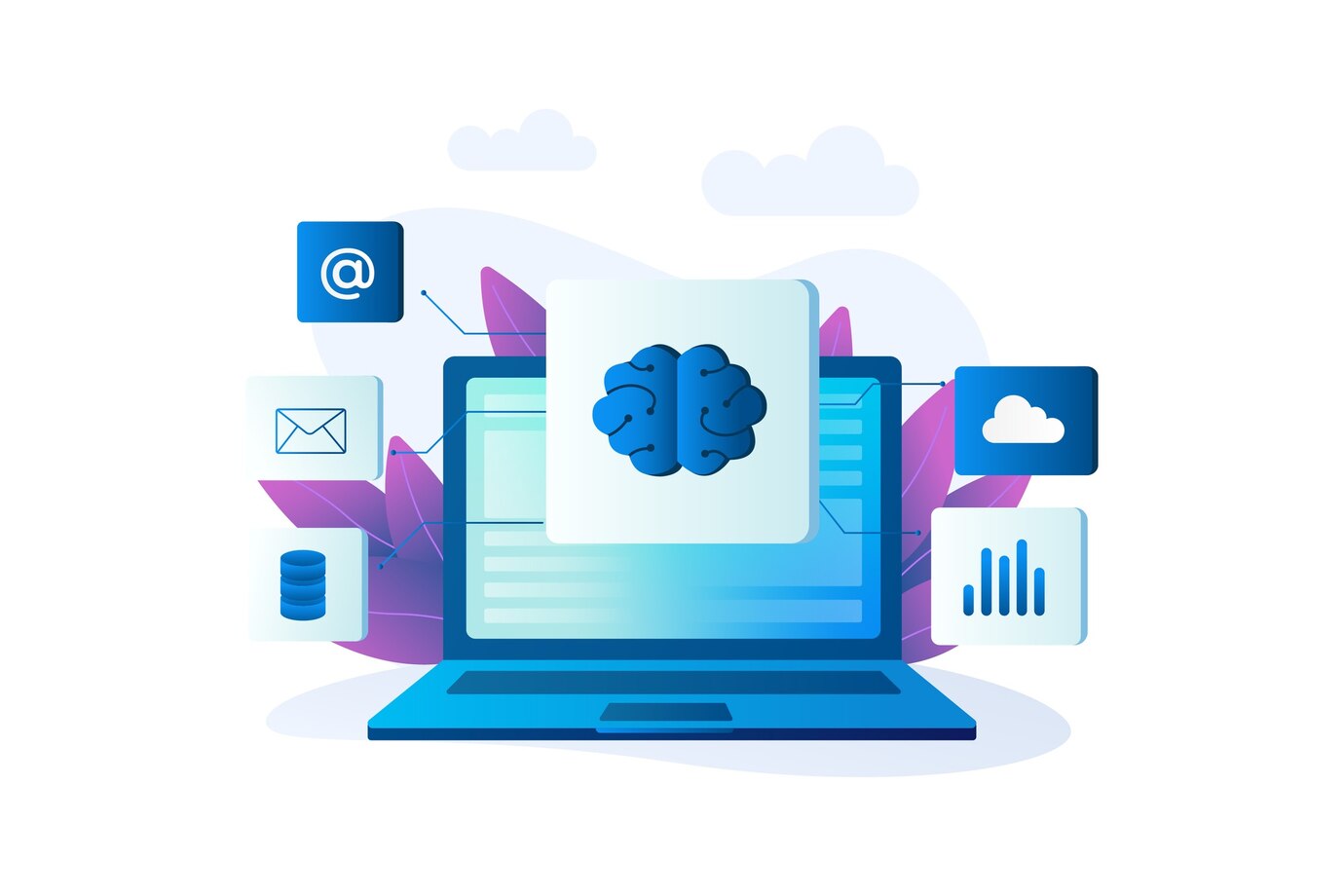Transforming Software Development: Our Experience with AI-Driven Coding and Testing Using ChatGPT

Software development has undergone a paradigm shift in recent years, and artificial intelligence (AI) has emerged as a powerful catalyst for this transformation. With increasing demands for speed, efficiency, and innovation, traditional development methods are being challenged like never before. Enter ChatGPT, an AI-powered tool that redefines how coding and testing are approached. This blog shares our journey of integrating ChatGPT into our software development process, the obstacles we faced, and the remarkable outcomes we achieved.
Why AI in Software Development?
Challenges in Traditional Coding and Testing Workflows
For years, developers have struggled with repetitive coding tasks, lengthy debugging sessions, and the arduous process of manual testing. These challenges not only slow down project timelines but also leave room for human error, which can compromise the quality of the final product.
Benefits of Integrating AI
AI tools like ChatGPT offer solutions to these age-old problems. From streamlining code generation to automating testing workflows, AI enhances productivity, reduces errors, and ensures a smoother development cycle. The ability to process vast amounts of information in seconds makes AI an invaluable resource for developers aiming to stay ahead of the curve.
Role of ChatGPT
ChatGPT takes AI’s potential a step further by offering natural language interactions. This enables developers to generate code snippets, debug errors, and even create test cases by simply describing their requirements in plain language.
AI-Powered Coding with ChatGPT
Code Generation Made Easy
One of the most time-consuming aspects of software development is writing code from scratch. ChatGPT simplifies this by generating efficient, error-free code based on input prompts. Whether it’s creating algorithms, designing database schemas, or writing boilerplate code, ChatGPT can handle it with ease.
Real-World Examples
In our projects, ChatGPT has been instrumental in generating code snippets for complex features, such as authentication modules and API integrations. What once took hours to code manually now takes just minutes with ChatGPT’s assistance.
Enhancing Developer Productivity
By automating repetitive tasks, ChatGPT allows developers to focus on more creative and strategic aspects of development. This not only boosts morale but also accelerates project delivery timelines.
AI-Driven Testing with ChatGPT
Automating Test Case Generation
Writing comprehensive test cases can be a daunting task, but ChatGPT makes it effortless. By analyzing the code or requirements provided, it can generate test cases that cover various scenarios, ensuring robust testing coverage.
Optimizing Debugging Processes
ChatGPT’s ability to identify and suggest fixes for errors has been a game-changer. It reduces the time spent on debugging by providing quick and accurate insights into potential issues.
Improving Software Quality
With ChatGPT’s support in testing and debugging, our team has consistently delivered higher-quality software. The automation of tedious tasks ensures fewer oversights, resulting in a more polished end product.
Our Journey with ChatGPT
Integration into Our Development Pipeline
Incorporating ChatGPT into our workflow required careful planning. We started with small pilot projects to test its capabilities and gradually expanded its role as we gained confidence in its performance.
Key Milestones and Successes
From reducing code review times to automating regression testing, ChatGPT has played a crucial role in achieving key project milestones. One notable success was a 30% reduction in development time for a complex application.
Challenges and Solutions
Like any new technology, ChatGPT came with its own set of challenges. Ensuring the accuracy of AI-generated code and addressing security concerns were our primary focus areas. Through rigorous testing and continuous feedback, we overcame these hurdles.
Impact of ChatGPT on Software Development
Efficiency and Collaboration
ChatGPT has significantly improved efficiency by automating mundane tasks, allowing developers to collaborate more effectively on complex problems.
Reduction in Development Time and Cost
By streamlining coding and testing processes, ChatGPT has not only accelerated project timelines but also reduced overall costs, making it a cost-effective solution for businesses.
Enhanced Innovation
With more time and resources available, our team has been able to focus on innovative features and enhancements, pushing the boundaries of what’s possible in software development.
Lessons Learned and Best Practices
Tips for Organizations Adopting AI
- Start with small projects to evaluate the tool’s effectiveness.
- Provide clear and concise input prompts for better results.
- Continuously monitor and validate AI-generated outputs to ensure accuracy.
Avoiding Pitfalls
- Do not rely solely on AI; always have a human developer review the outputs.
- Address potential security vulnerabilities introduced by AI-generated code.
The Future of AI in Software Development
Emerging Trends
The integration of AI with other technologies like machine learning and blockchain is set to revolutionize the industry further. Tools like ChatGPT will continue to evolve, offering even more advanced capabilities.
ChatGPT’s Evolving Role
As ChatGPT becomes more sophisticated, its role in software development will expand, potentially including end-to-end project management and advanced problem-solving.
Broader Implications
The rise of AI in software engineering has far-reaching implications, from transforming how developers work to reshaping the industry’s workforce dynamics.
Conclusion
Our journey with ChatGPT development company has been nothing short of transformative. By leveraging its capabilities, we have not only streamlined our development processes but also delivered higher-quality software in less time. As the software industry continues to embrace AI, tools like ChatGPT are set to play a pivotal role in shaping its future. The time to adopt AI-driven solutions is now—and the possibilities are limitless.
